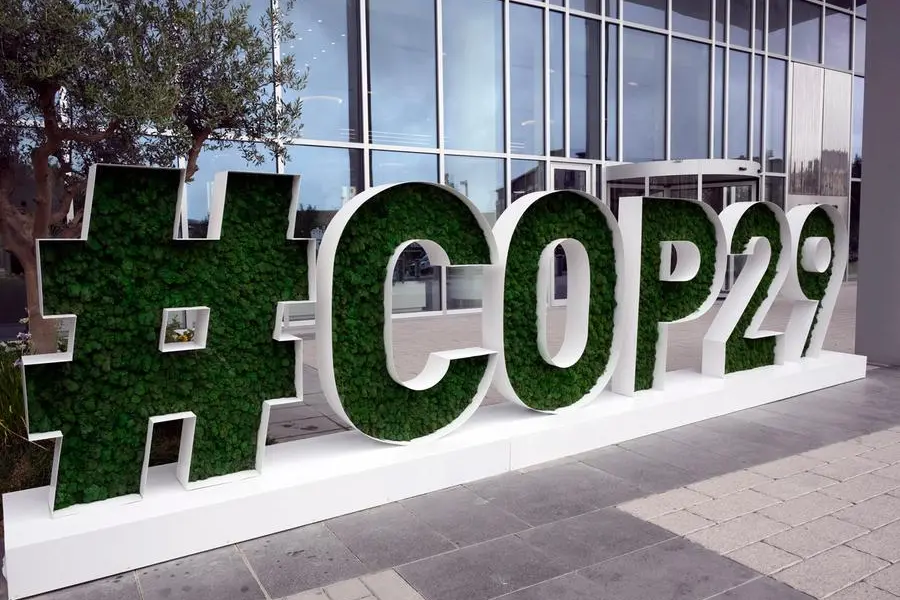Matiul Haq Khalis, the head of the Islamic Emirate delegation at the COP 29 summit, held meetings on the sidelines with representatives from the United Nations Climate Technology Centre and Network (CTCN), the Green Climate Fund, the Global Environment Facility (GEF), the UK Foreign Office, and delegations from Bangladesh and Qatar.
According to the National Environmental Protection Agency (NEPA), the Islamic Emirate delegation emphasized during the meeting with the UN Climate Technology Centre and Network that Afghanistan needs to identify and adopt climate-resilient technologies.
In the same meeting, Matiul Haq Khalis, NEPA head, also requested technical and financial cooperation for Afghanistan.
He discussed the suspended projects of the Green Climate Fund in Afghanistan with its representatives, urging them to restart work on the halted projects.
Discussions with the UK Foreign Office focused on restarting environmental projects, addressing the adverse effects of climate change, and ensuring the depoliticization of aid in this field.
The delegation also met with officials from the Global Environment Facility (GEF) and urged them to approve Afghanistan’s proposed projects related to climate change.
The National Environmental Protection Agency stated in a press release: “During this meeting, discussions were held about Afghanistan’s proposed and ongoing environmental projects, and the officials of the Global Environment Facility were requested to approve Afghanistan’s proposals.”
According to the ministry’s press release, on November 20, Matiul Haq Khalis met with Abdullah bin Abdulaziz, Qatar’s Minister of Environment and Climate Change, and sought technical cooperation and capacity-building programs in the field of environmental protection.
Qatar’s Minister of Environment and Climate Change stated in the meeting that Qatar plans to reduce greenhouse gas emissions by 25% as part of its 2025–2030 agenda.
The Islamic Emirate delegation emphasized regional cooperation under the South Asian Association for Regional Cooperation (SAARC) and the South Asia Wildlife Enforcement Network in their meeting with the Bangladesh delegation.
Afghanistan is among the countries that do not contribute to greenhouse gas emissions but has suffered the most from their effects.
The annual United Nations Climate Change Conference (COP 29) began on November 11 this year in Baku, Azerbaijan’s capital, with representatives from 198 member countries, some heads of state, representatives of the private sector, multilateral and bilateral financial institutions, civil society organizations, and the media in attendance. The conference is set to conclude today.

